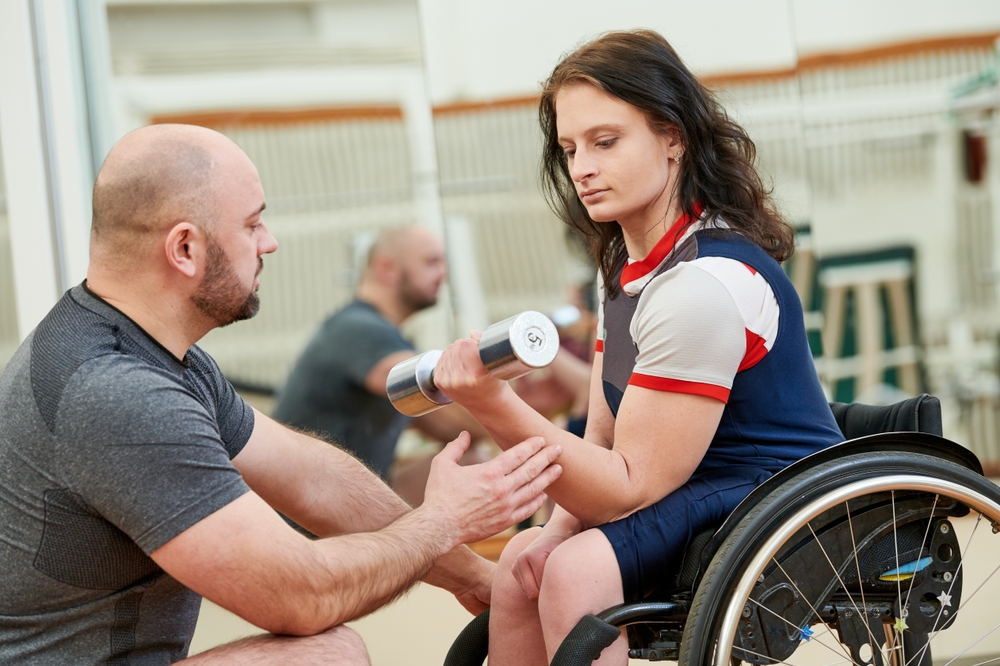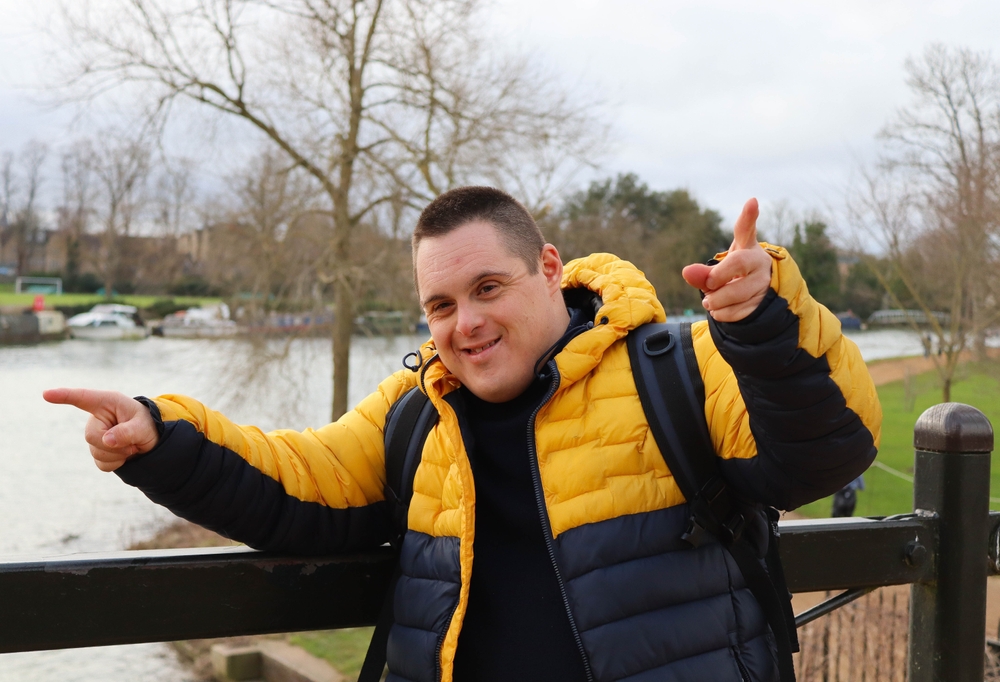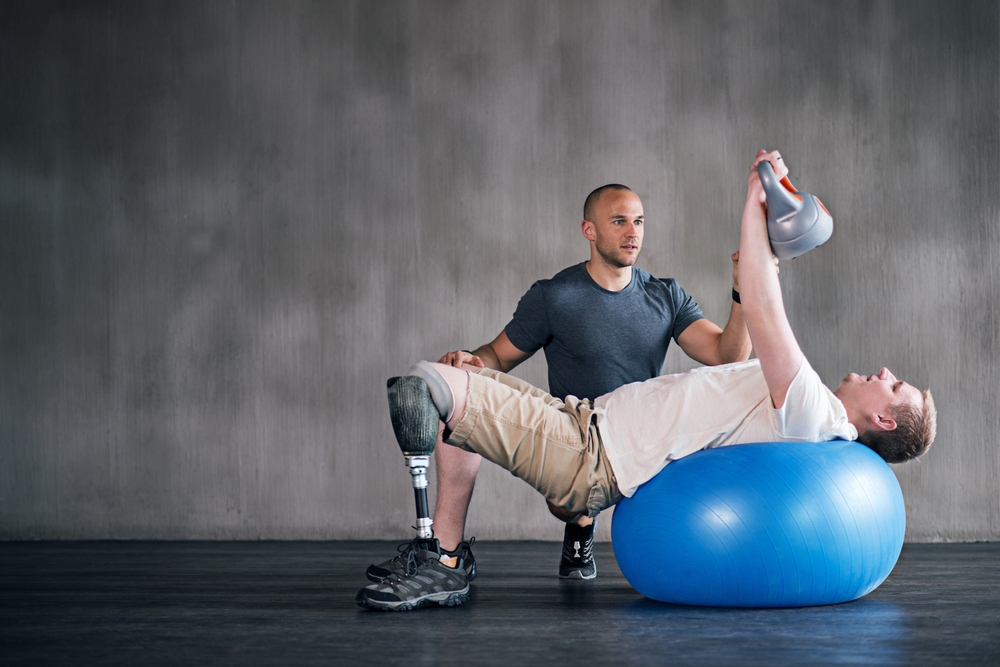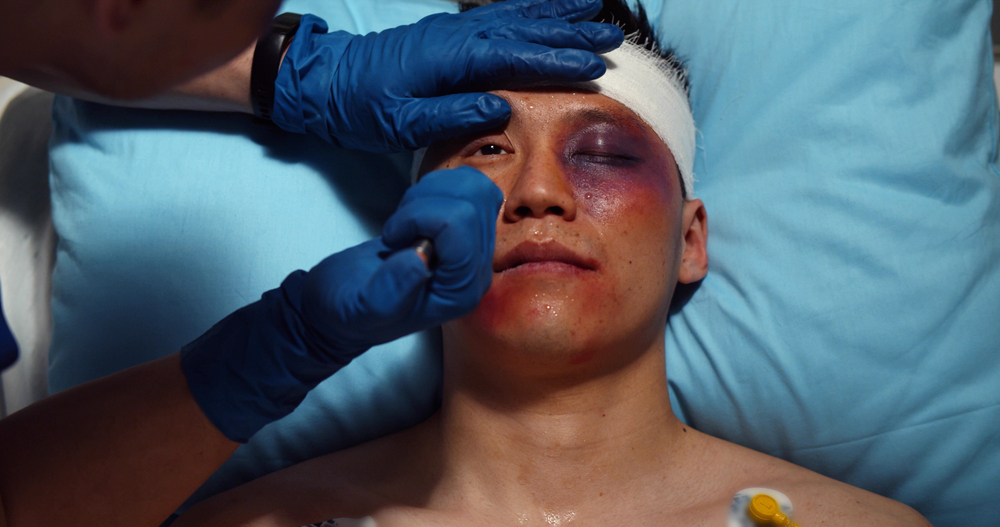Make an Appointment
Traumatic brain injury (TBI) is a serious medical condition that can result from a blow or jolt to the head, or a penetrating head injury. TBI can have a significant impact on an individual's physical, cognitive, and emotional functioning. Individuals with TBI may experience a range of symptoms, including headaches, memory loss, difficulty with communication, and changes in personality. According to the Brain Injury Australia organisation, approximately 700,000 Australians live with a TBI-related disability, and there are more than 69 million new cases of TBI worldwide each year. Fortunately, there are effective therapies available to help individuals with TBI regain lost functions and improve their quality of life. In this article, we will discuss the best therapies for TBI, the importance of rehabilitation for TBI, and the role of the rehabilitation team in the recovery process. We will also answer some frequently asked questions about TBI and highlight the traumatic brain injury physiotherapy services & other allied health services offered by Physio Inq. Additionally, we will provide links and resources for further information on TBI injuries in Australia and across the world.tT
Table of contents
I. Best Therapies for Traumatic Brain Injury
II. Traumatic Brain Injury Rehab
III. Frequently Asked Questions
IV. Conclusion
Best Therapies for Traumatic Brain Injury
Traumatic brain injury (TBI) can have devastating effects on an individual's physical and cognitive abilities. Fortunately, there are several effective therapies that can help individuals with TBI regain lost functions and improve their quality of life. In this article, we will discuss the best therapies for TBI, including physiotherapy, occupational therapy, speech therapy, and cognitive therapy.
Physiotherapy
Physiotherapy is a critical component of TBI rehabilitation. It involves exercises and activities that help improve strength, flexibility, coordination, and balance. Physiotherapy can help individuals with TBI regain their motor skills, increase their mobility, and reduce their risk of falls. Physio Inq's experienced physiotherapists offer personalized physiotherapy services for individuals with TBI, tailored to their specific needs and goals. They provide manual therapy, exercise therapy, and neurological rehabilitation to improve physical functioning, reduce pain, and help individuals with TBI achieve maximum independence in their daily lives. Physio Inq also offers mobile and in-home physiotherapy services, bringing their expert care directly to the individual's home, making it convenient and accessible for those who may have mobility issues or difficulty with transportation.
Occupational Therapy
Occupational therapy is another important therapy for TBI rehabilitation. It focuses on helping individuals with TBI learn or re-learn the skills they need to perform their daily activities. Occupational therapists work with individuals with TBI to improve their fine motor skills, develop strategies for problem-solving and decision-making, and adapt their environments to accommodate their needs. Physio Inq's occupational therapy services for TBI include personalized treatment plans tailored to the individual's specific needs and goals. Their experienced team of occupational therapists provides services to improve daily living activities, home modifications, and assistive technology.
Speech Therapy
Speech therapy can be helpful for individuals with TBI who have difficulty communicating. Speech therapists work with individuals with TBI to improve their language skills, including speaking, listening, reading, and writing. They may also help individuals with TBI develop alternative forms of communication, such as using assistive technology or sign language. Physio Inq offers speech therapy services for individuals with TBI, which include personalized treatment plans, tailored to the individual's specific needs and goals. Their experienced speech therapists provide services to improve language skills, communication, and social interaction.
Cognitive Therapy
Cognitive therapy is a type of therapy that focuses on improving cognitive skills, such as memory, attention, and problem-solving. Cognitive therapists work with individuals with TBI to develop strategies for managing their cognitive difficulties and improving their overall functioning. Physio Inq offers cognitive therapy services for individuals with TBI, which include personalized treatment plans, tailored to the individual's specific needs and goals. Their experienced cognitive therapists provide services to improve cognitive skills, memory, and problem-solving abilities.
In summary, these allied health services are a vital component of TBI rehabilitation. Physio Inq offers a range of physiotherapy services, occupational therapy services, & speech therapy service for individuals with TBI. our experienced team of healthcare professionals provides personalized treatment plans tailored to the specific needs and goals of each individual. With their help, individuals with TBI can achieve maximum independence and function in their daily lives.
Traumatic Brain Injury Rehab
Rehabilitation is essential for individuals who have suffered a TBI, as it can help them regain lost functions and improve their overall quality of life. The goal of rehab is to help the individual achieve maximum independence and function in their daily activities. Rehabilitation for TBI typically involves a comprehensive approach that may include physiotherapy, occupational therapy, speech therapy, cognitive therapy, and psychological support.
Importance of Rehab for TBI
Rehabilitation is crucial for individuals with TBI, as it can help them recover lost functions and improve their quality of life. Rehabilitation can help individuals with TBI regain their ability to perform daily activities, improve their communication skills, and manage their emotional and cognitive difficulties. The rehabilitation process can be a long and challenging journey, but with the right support and guidance, individuals with TBI can achieve significant improvements in their functioning and quality of life.
Rehabilitation Team
The rehabilitation team plays a critical role in the recovery process for individuals with TBI. The team may include physiotherapists, occupational therapists, speech therapists, psychologists, social workers, and case managers. The team works together to develop a personalised treatment plan tailored to the individual's specific needs and goals. The team also provides ongoing support and guidance throughout the rehabilitation process to help the individual achieve maximum independence and function in their daily activities.
Inpatient Rehabilitation Facilities
Inpatient rehabilitation facilities are specialized facilities that provide intensive rehabilitation services for individuals with TBI. These facilities offer 24-hour care and support, and they are staffed by experienced healthcare professionals who specialize in TBI rehabilitation.These facilities provide a structured environment that can help individuals with TBI make significant progress in their recovery.
Discharge Planning
Discharge planning is an essential part of the rehabilitation process for individuals with TBI. The rehabilitation team works with the individual and their family to develop a plan for when they leave the rehabilitation facility. The plan may include recommendations for ongoing therapy services, home modifications, and community resources that can support the individual's continued recovery.
Role of Social Workers and Case Managers
Social workers and case managers play an important role in the rehabilitation process for individuals with TBI. They provide support and guidance to the individual and their family, helping them navigate the healthcare system and access the resources they need to support their recovery. They may also provide emotional support and counseling to help individuals with TBI and their families cope with the challenges of living with a TBI.
Frequently Asked Questions
Here are some frequently asked questions about traumatic brain injury and its rehabilitation:
What is the best therapy for traumatic brain injury?
The best therapy for traumatic brain injury depends on the individual's specific needs and goals. Physiotherapy, occupational therapy, speech therapy, and cognitive therapy are all effective therapies for TBI rehabilitation.
How long does it take to rehabilitate traumatic brain injury?
The length of time it takes to rehabilitate traumatic brain injury varies depending on the severity of the injury and the individual's response to treatment. It can take anywhere from a few weeks to several months or even years for a person to fully recover from a TBI.
Can you fully recover from a traumatic brain injury?
The extent of recovery from traumatic brain injury varies from person to person. While some individuals may fully recover from TBI, others may experience long-term effects such as memory loss, difficulty with communication, and changes in personality.
What not to do with traumatic brain injury?
It is important to avoid certain activities that can worsen the symptoms of traumatic brain injury. These include consuming alcohol, taking drugs that have not been prescribed by a doctor, and engaging in high-risk activities such as contact sports.
Conclusion
Traumatic brain injury (TBI) can have a significant impact on an individual's physical, cognitive, and emotional functioning. However, with the right rehabilitation services and support, individuals with TBI can achieve significant improvements in their functioning and quality of life. Physio Inq offers a range of rehabilitation services for individuals with TBI, including physiotherapy, occupational therapy, speech therapy, and cognitive therapy. our experienced healthcare professionals across Australia provide personalised treatment plans tailored to the specific needs and goals of each individual.
If you or a loved one has suffered a TBI and needs rehabilitation services, don't hesitate to reach out to Physio Inq's client services team on 1300 731 733. They can provide more information about their services and help you make a booking or referral. With Physio Inq's expert care and support, individuals with TBI can achieve maximum independence and function in their daily lives.
Date Published: Thursday, March 23, 2023
Locate a Traumatic Brain Injury Physiotherapy
Service Near me
Get the experience & convinence you deserve to support your or a loved one's allied health needs.
Our Traumatic Brain Injury Physiotherapy team are currently serving & taking appointments in the following states and regions in Australia:
New South Wales
- Blacktown
- Blue Mountains
- Campbelltown And Macarthur
- Canterbury-Bankstown
- Eastern Suburbs Sydney
- Georges River
- Hawkesbury
- Inner East Sydney
- Inner West Sydney
- Lower North Shore
- Newcastle
- Northern Beaches
- North Sydney
- Parramatta
- Penrith
- Southern Highlands
- South West Sydney
- Sutherland Shire
- Sydney CBD
- The Hills Shire
- Upper North Shore
- Waverley
- Wollongong
Tasmania
Victoria
Need to get into direct contact with ur Client Services team? We're all ears. Call our team directly on 1300 731 733









